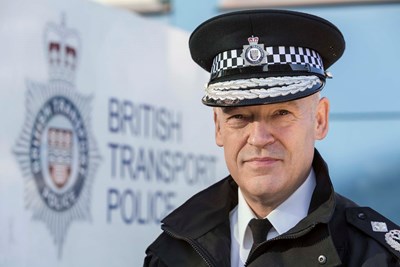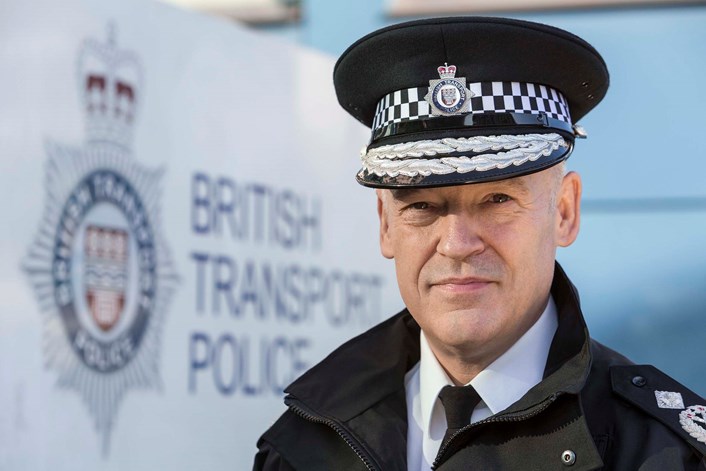22 Jun 2015
Police service committed to intelligence-led approach in stop and search
National Police Chiefs' Council (NPCC) Lead for Stop and Search, Deputy Chief Constable Adrian Hanstock, has spoken about improvements in police use of stop and search and the services commitment to using intelligence and public information to ensure its efficacy.
DCC Hanstock said:
“As long as a minority continue to arm themselves and use violence to steal property or harm others, stop and search is a vital power for the police to protect people.
“Stop and search is most likely to be accepted and understood by the public if they have confidence that it is conducted legally, professionally and based on intelligence. The best chance we have of tackling violence and crime is through the public telling us if they are concerned that people in their communities are carrying weapons and officers then being able to use stop and search based on that information.
“The police service is committed to a more intelligence-led approach in stop and search. Forces voluntarily adopted the Home Office guidelines for best use of stop and search and we’ve seen improvements in forces using this guidance more consistently. The National Stop and Search Police Improvement Group has been working closely with the Home Office, IPCC and Police and Crime Commissioners to demonstrate the positive impact of using a focused, professional approach to stop and search. Working with the College of Policing, academics and the Society of Evidence-Based Policing we are undertaking trials to identify links between stop and search, crime levels and community safety.
“If crime figures and victims’ reports tell us that levels of violence are rising in particular areas, police chiefs do have the powers to conduct non-intelligence led stop and search to catch criminals and send a strong message to those who may carry weapons.”
ENDS
Contact information
Communications office
By phone: 0800 538 5058
By email: press.office@npcc.police.uk


